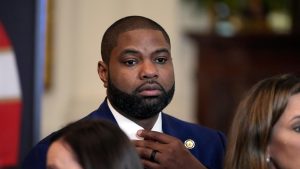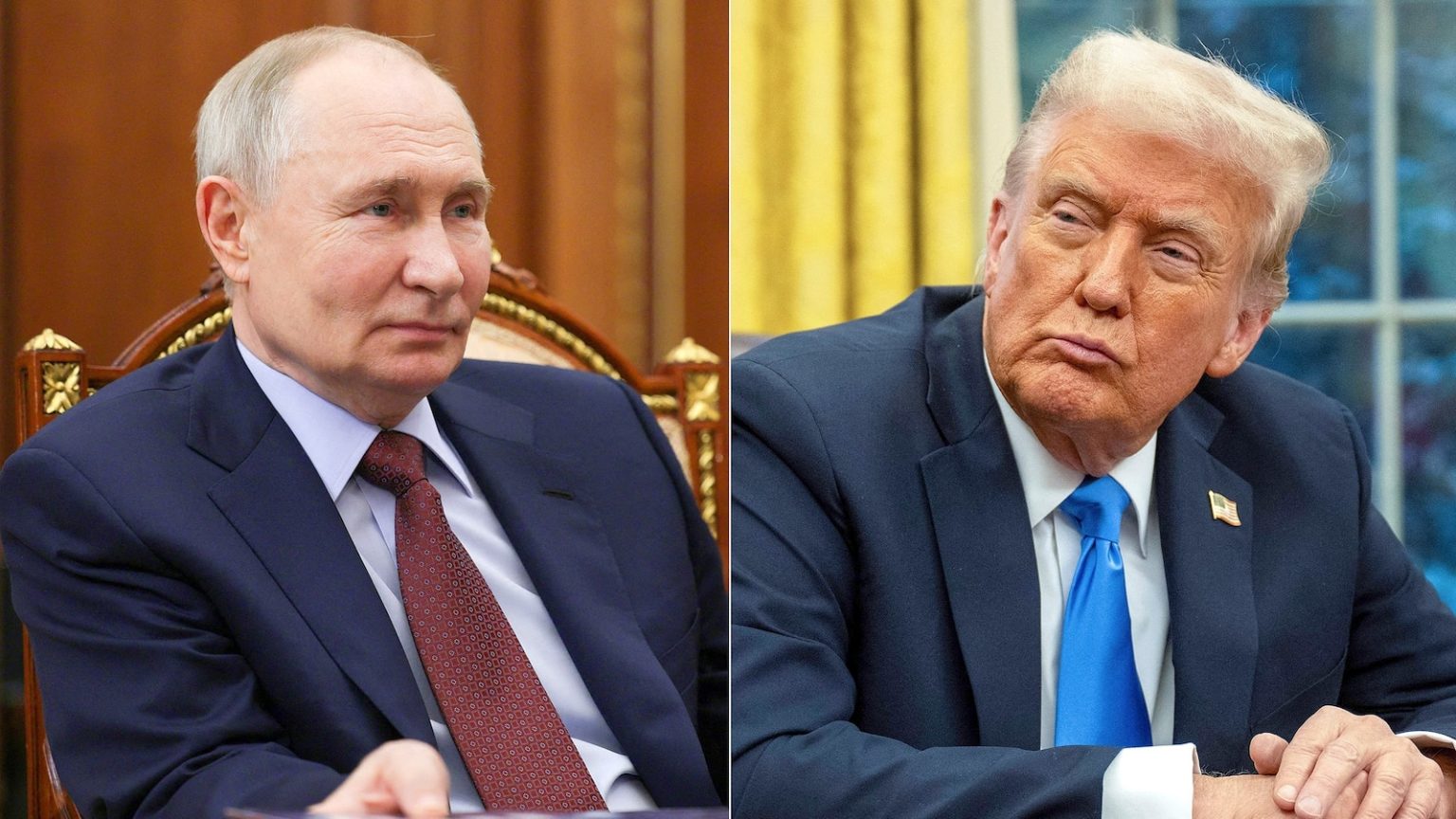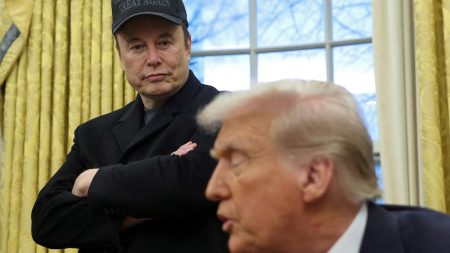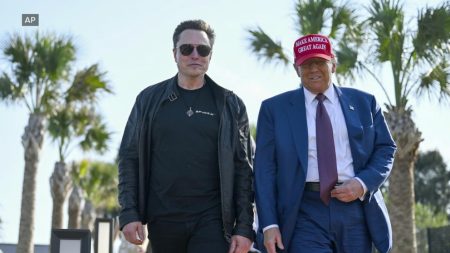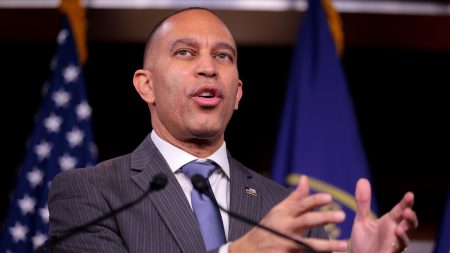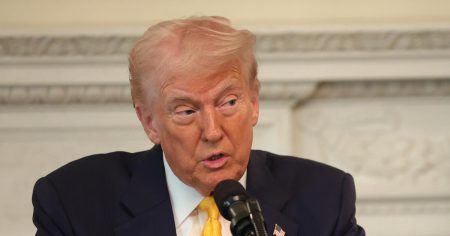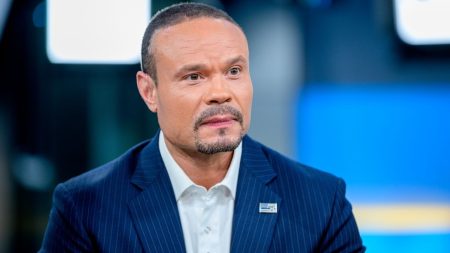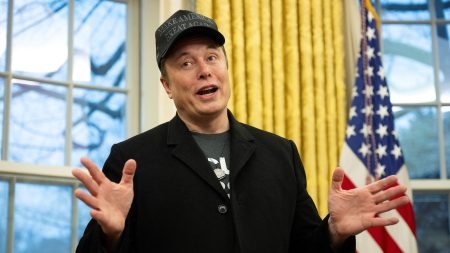High-Stakes Diplomacy: U.S. and Russia Engage Over Ukraine’s Future
In a significant shift in international diplomacy, high-level delegations from the United States and Russia convened in Saudi Arabia to discuss the fate of Ukraine, marking the first such engagement since before Russia’s invasion of Ukraine. This meeting, excluding Ukrainian representation, has sparked both curiosity and concern within the global community. The talks, facilitated by Saudi Arabia, aim to address the ongoing conflict that has persisted for over three years, with the U.S. Secretary of State, Marco Rubio, and Russian Foreign Minister, Sergei Lavrov, leading the delegations.
Exclusion of Ukraine: A Point of Contentions
Ukraine’s absence from these talks has been met with strong opposition from President Volodymyr Zelenskyy, who vehemently stated that his nation will not acknowledge any agreements made without their direct involvement. This stance reflects the deep-seated concerns of a nation fighting for its sovereignty and territorial integrity. Zelenskyy’s position underscores the delicate balance of power in such negotiations and raises questions about the legitimacy of decisions made without the input of the most directly affected party.
A New Era in U.S.-Russia Relations
The resumption of direct dialogue between the U.S. and Russia after a three-year hiatus signals a potential shift in the geopolitical landscape. This engagement follows recent communications between Presidents Trump and Putin, hinting at a possible thaw in relations. While Russian officials express hope for restoring broader bilateral ties, the U.S. has emphasized a focus on resolving the Ukrainian conflict. This divergence in objectives sets the stage for a complex negotiation process.
European Unity and the Broader Diplomatic Landscape
As U.S.-Russia talks commenced, French President Emmanuel Macron spearheaded a concurrent meeting of European leaders to discuss Ukraine and regional security. This move highlights the European Union’s commitment to a unified response to the crisis. Additionally, President Trump and President Macron engaged in a cordial phone call, discussing the ongoing situation and the importance of coordinated international efforts. This diplomatic flurry suggests a multilateral approach to addressing the conflict.
Ukraine’s Diplomatic Outreach
Despite exclusion from the Saudi Arabia talks, Ukraine continues its robust diplomatic efforts. President Zelenskyy has been actively engaging with Middle Eastern leaders, including those in the United Arab Emirates and Saudi Arabia, to garner support. His itinerary includes a meeting with Turkish officials, underscoring Ukraine’s determination to maintain visibility and influence on the global stage. Zelenskyy’s actions reflect a strategic effort to ensure Ukraine’s voice is heard, even as major powers negotiate its future.
Prospects for Peace and the Role of Europe
The inclusion of European leaders in discussions about potential peacekeeping forces in Ukraine post-conflict indicates a collective commitment to enduring peace. The U.K. and Sweden have expressed willingness to contribute to such efforts, signaling a readiness to support Ukraine’s recovery and stability. However, the path to peace is fraught with challenges, including differing priorities among negotiating parties and the complex web of historical and political dynamics at play. As the international community navigates this critical juncture, the outcomes of these diplomatic efforts will shape the future of Ukraine and the stability of the region.
This structured summary captures the essence of the developments, emphasizing the multifaceted nature of the conflict and the intricate diplomacy involved. Each section provides a clear perspective, ensuring a comprehensive understanding of the situation while maintaining a humanized and accessible tone.


